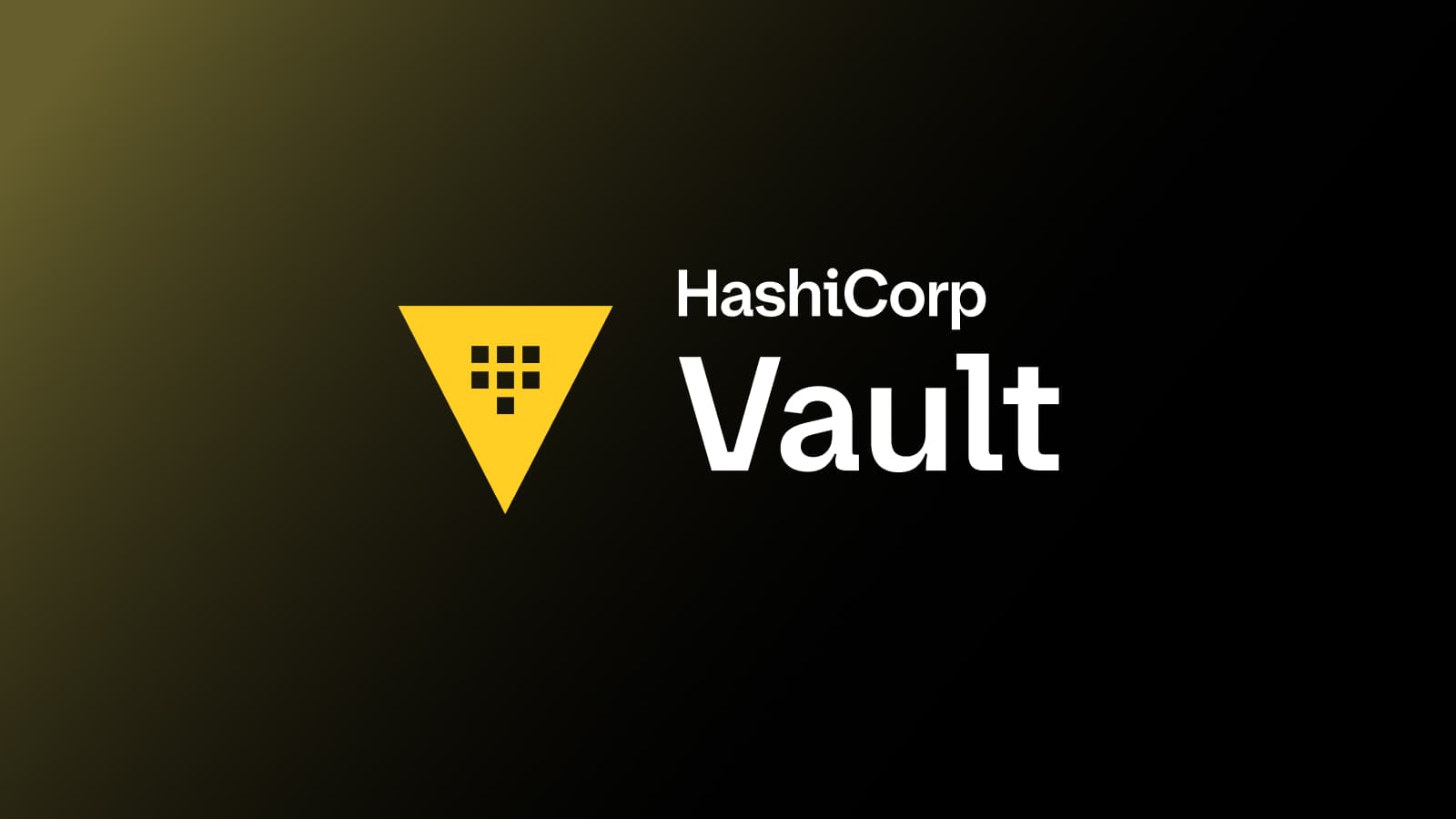Dell, Marvell, NetApp, and SUSE expand Vault support with new integrations
The HashiCorp Vault partner ecosystem continues to show strong growth with the addition of more than a dozen new Vault integrations.
HashiCorp Vault provides the foundation for modern multi-cloud security. It was purpose-built in the cloud era to authenticate and access different clouds, systems, and endpoints, and centrally store, access, and deploy secrets (API keys, credentials, etc.). It also provides a simple workflow to encrypt data in flight and at rest. Over a dozen new partner integrations extend the Vault ecosystem to simplify secrets management across infrastructure and applications.
HCP Vault is a fully managed platform operated by HashiCorp, allowing organizations to get HashiCorp Vault up and running quickly to secure applications and protect sensitive data.

»New HCP Vault verified integrations
The following companies have verified new HCP Vault integrations:
»Aerospike
Aerospike is a multi-model, NoSQL real-time data platform for multi-cloud, large-scale JSON, and SQL use cases. With the HCP Vault integration, users can store sensitive Aerospike server configuration parameters in HCP Vault.
»JumpWire
JumpWire can transform your existing infrastructure by encrypting sensitive data in place. The HCP Vault integration for electronic key management system (EKMS) configures JumpWire to use HashiCorp Vault for managing encryption keys. An additional HCP Vault integration for database credentials permits JumpWire to use dynamically generated credentials from Vault to authenticate to a database being proxied.
»Rootly
Rootly enables incident management directly from Slack. The new HCP Vault workflow integration allows you to read secrets from your HCP Vault cluster and use your secrets in Rootly workflows securely.
»New Vault Enterprise integrations
»Cloudian
Cloudian provides an S3 compatible object and file storage system. Vault’s KMIP secrets engine has been validated to provide encryption keys for Cloudian’s HyperStore software.
»Dell
Dell PowerMax is a leading storage array that delivers end-to-end NVMe, storage class memory, and massive consolidation for mission-critical workloads. The new Dell PowerMax KMIP integration with Vault Enterprise allows companies to manage their encryption keys via Vault for their enterprise storage solutions.
»JumpWire
JumpWire can transform your existing infrastructure by encrypting sensitive data in place. The Vault Enterprise integration for electronic key management system (EKMS) configures JumpWire to use HashiCorp Vault for managing encryption keys. An additional Vault Enterprise integration for database credentials permits JumpWire to use dynamically generated credentials from Vault to authenticate to a database being proxied. Both integrations support namespaces.
»Marvell Technology
Vault integrates with the Cavium HSM (hardware security module) via PKCS#11 for customers who need hardware-backed security. The integration supports auto unseal, cryptographic key generation and management, and external entropy. Cavium also supports Vault's managed keys feature, which delegates handling, storing, and interacting with private key material to a trusted external key management service (KMS). These managed keys can be used in Vault’s PKI secrets engine to offload PKI operations to the Cavium
»NetApp
NetApp simplifies the migration and running of business critical applications in the cloud. The new Vault Enterprise KMIP integration with NetApp StorageGRID eliminates the need for multiple key-management solutions by extending Vault key management to the NetApp StorageGRID object storage platform.
»Nutanix
Nutanix is a provider of cloud software and hyperconverged infrastructure solutions. The Vault Enterprise EKMS integration with Nutanix allows companies to manage their cryptographic keys with Vault for their Nutanix AHV hyperconverged infrastructure.
»Rootly
Rootly enables incident management directly from Slack. The new Vault Enterprise workflow integration supports namespaces, and allows you to read secrets from your Vault cluster and use your secrets in Rootly workflows securely.
»New Vault open source integrations
»AccuKnox
AccuKnox simplifies the process of securing your workloads against software supply chain issues, vulnerabilities, misconfigurations, and malicious adversaries. The AccuKnox Vault KubeArmor integration utilizes KubeArmor to protect the Vault process and files in Kubernetes environments so malicious actors cannot access or modify the underlying data.
»Buildkite
Buildkite is a platform for running fast, secure, and scalable continuous integration pipelines on your own infrastructure. The new Buildkite integration with Vault allows for the retrieval of secrets stored in Vault for use directly in pipeline steps. This allows all secrets to be stored and managed in Vault and retrieved as needed at runtime.
»Gurucul
Securely Gurucul, a platform for cyber security analytics, ingests, correlates, and normalizes all your data without the need for customization to reduce false positives. The Gurucul SIEM integration with Vault delivers observability by ingesting Vault logs and then executing risk analysis and reporting.
»Honeycomb
Honeycomb is a software debugging tool that can help you solve problems faster within your distributed services. The Honeycomb Vault metrics integration retrieves data securely from Vault via a Prometheus endpoint for ingestion into Honeycomb.
»Ping Identity
PingID is a cloud-based authentication service that binds user identities to mobile devices. The Ping Identify Multi-Factor Authentication (MFA) integration with Vault uses PingID for MFA verification when users are logging into Vault.
»SUSE | Rancher
SUSE, now with Rancher, offers an adaptable Linux operating system and an open Kubernetes management platform. The SUSE Rancher Vault Helm chart integration provides the official HashiCorp Helm chart for installing and configuring Vault on Rancher.
»Learn more
The HashiCorp Vault Integration Program allows partners to integrate their products to work with HashiCorp Vault (both the open source and Enterprise versions) or HashiCorp Cloud Platform (HCP) Vault. Visit the HashiCorp Partner Page to see the entire list of partner integrations with Vault.
As a fully managed service, HCP Vault is the easiest way to secure, store, and tightly control access to tokens, passwords, certificates, encryption keys, and other sensitive data. For more information about HCP Vault and pricing, please visit the HCP product page or sign up through the HCP portal.
Sign up for the latest HashiCorp news
More blog posts like this one

Why we need short-lived credentials and how to adopt them
Go from static credentials, to auto-rotation, to fully ephemeral “dynamic” credentials with two example roadmaps and see why short-lived credentials are so important.

Configuring dynamic secrets for a PostgreSQL and GitLab CI using HashiCorp Vault
Learn how to set up and issue short-lived credentials for a PostgreSQL database and in a GitLab CI pipeline with Vault, a secrets management platform.

Start planning for quantum computing cyberattacks now
Learn why and how you can start taking action now to prepare for quantum computers that will be capable of breaking today's encryption schemes.